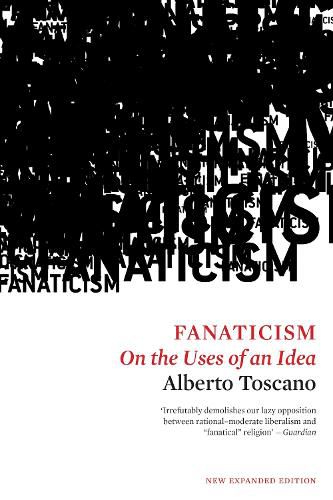Readings Newsletter
Become a Readings Member to make your shopping experience even easier.
Sign in or sign up for free!
You’re not far away from qualifying for FREE standard shipping within Australia
You’ve qualified for FREE standard shipping within Australia
The cart is loading…






The idea of fanaticism as a deviant or extreme variant of an already irrational set of religious beliefs is today invoked by the West in order to demonize and psychologize any non-liberal politics. Alberto Toscano’s compelling and erudite counter-history explodes this accepted interpretation in exploring the critical role fanaticism played in forming modern politics and the liberal state. Tracing its development from the traumatic Peasants’ War of early sixteenth-century Germany to contemporary Islamism, Toscano tears apart the sterile opposition of ‘reasonableness’ and fanaticism. Instead, in a radical new interpretation, he places the fanatic at the very heart of politics, arguing that historical and revolutionary transformations require a new understanding of his role. Showing how fanaticism results from the failure to formulate an adequate emancipatory politics, this illuminating history sheds new light on an idea that continues to dominate debates about faith and secularism.
$9.00 standard shipping within Australia
FREE standard shipping within Australia for orders over $100.00
Express & International shipping calculated at checkout
The idea of fanaticism as a deviant or extreme variant of an already irrational set of religious beliefs is today invoked by the West in order to demonize and psychologize any non-liberal politics. Alberto Toscano’s compelling and erudite counter-history explodes this accepted interpretation in exploring the critical role fanaticism played in forming modern politics and the liberal state. Tracing its development from the traumatic Peasants’ War of early sixteenth-century Germany to contemporary Islamism, Toscano tears apart the sterile opposition of ‘reasonableness’ and fanaticism. Instead, in a radical new interpretation, he places the fanatic at the very heart of politics, arguing that historical and revolutionary transformations require a new understanding of his role. Showing how fanaticism results from the failure to formulate an adequate emancipatory politics, this illuminating history sheds new light on an idea that continues to dominate debates about faith and secularism.